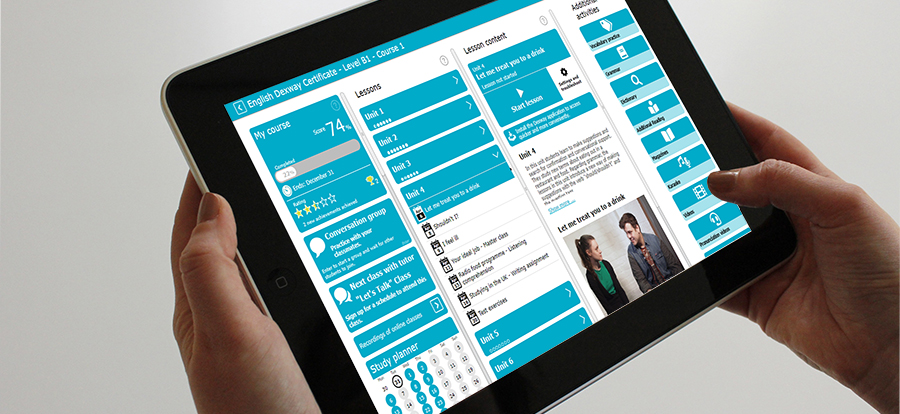By 2050, a staggering seventy percent of the global population is forecast to live in cities. Therefore, there is a pressing need for us to think about how we might change the way our cities operate to ensure we will live smarter, greener, more sustainable lives, and ICT is set to play a pivotal role in that evolution. That is according to a new opinion paper launched today by Steria, the European IT-enabled business services provider.
Francois Enaud, Group CEO, Steria, explains: “ICT companies have been responding to a growing trend for green IT for some time now, with technologies like virtualisation, and practices like tele-working and videoconferencing now common-place. However, population growth, globalisation, urbanisation, environmental sustainability, regulation and technology are forcing us to think about what the next steps might be. All the evidence suggests that both smart cities and smarter thinking are an absolute necessity for society’s continued advancement. So the role of ICT is more critical than ever.”
For example, using new technology to change working practices in both the public and private sector could deliver a worldwide reduction of 500 million tons of CO2 by 2020. It is a “post-Kyoto Protocol” that many nations are keen to pursue. Technologies including smart meters, sensor networks, fibre optic and wireless communication networks and data analytics software for city services will help measure, streamline and share resources within the urban environment.
Enaud continues: “Implementing an integrated and strategic technological approach that includes Smart Grids, Smart Transport, Smart Building and Smart Government will help drive intellectual and social infrastructure, improving a city’s competitiveness. Technology will be at the forefront of the effort to improve the efficiency and effectiveness of urban systems and services. It will enable consumers and businesses to see their energy use and emissions in real-time.”
Turning the cities of today into the smart cities of tomorrow is a considerable task, but vital if nations are to meet their carbon emission targets.
In partnership with a number of like-minded organisations, including Steria, Bouygues Immobilier is leading implementation of a smart grid in Issy near Paris. A first for France, the project aims to integrate domain knowledge in utilities, digitalised business processes, measurement and governance of buildings, use of energy and transport services to achieve the end goal of a more sustainable, green variety of available services for the city and its inhabitants. Once complete, it will be possible to consider intelligence across utilities grids and execute governance across all facilities involved.
“Sixty years ago there were only three billion people on earth and fewer than one billion lived in towns and cities,” continues Enaud. “Today three and a half times that live in cities and in just four decades it will have nearly doubled again, with all those people relying on environmentally sustainable, clean and efficient cities to live and work in. Sustainable, smart cities will go a long way to meet these needs.”
According to the report, a series of essential components are required to successfully develop smart cities, the first of which is to create a combined view of city governance by integrating city-wide systems. The report recommends that complex IT environments should be rationalised, cloud and outsourced services utilised, and a network of integrated solutions developed.
“If we are serious about adapting our city environments to this new paradigm then we shouldn’t wait to do it,” continues Enaud. “These are changes for the good and we have the means at our disposal to implement them today. Leadership is about moving into new territory, taking new ground and being early in engaging new opportunities.”
For more information please visit:
http://www.steria.com/fileadmin/com/sharingOurViews/publications/files/STE3899-Smart_Cities_brochure_08_APP.PDF
NB: Forecast data and statistics have been drawn from ‘The Future’ report, commissioned by Steria and published this summer with the support of Global Futures and Foresight (GFF).
To read more of the projections it suggests for the next forty years,
. please access an online magazine version via (http://www.steria.com/futuresreport),
About Steria: www.steria.com
Steria delivers IT enabled business services which help organisations in the public and private sectors operate more efficiently and profitably. By combining in depth understanding of our clients’ businesses with expertise in IT and business process outsourcing, we take on our clients’ challenges and develop innovative solutions to address them. Through our highly collaborative consulting style, we work with our clients to transform their business, enabling them to focus on what they do best. Our 20,000 people, working across 16 countries, support the systems, services and processes that make today’s world turn, touching the lives of millions around the globe each day.
Founded in 1969, Steria has offices in Europe, India, North Africa and SE Asia and a 2010 revenue of €1.7 billion. 20%(*) of Steria’s capital is owned by its employees. Headquartered in Paris, Steria is listed on the Euronext Paris market.
(*): including the Employees Shares Trust in the UK



